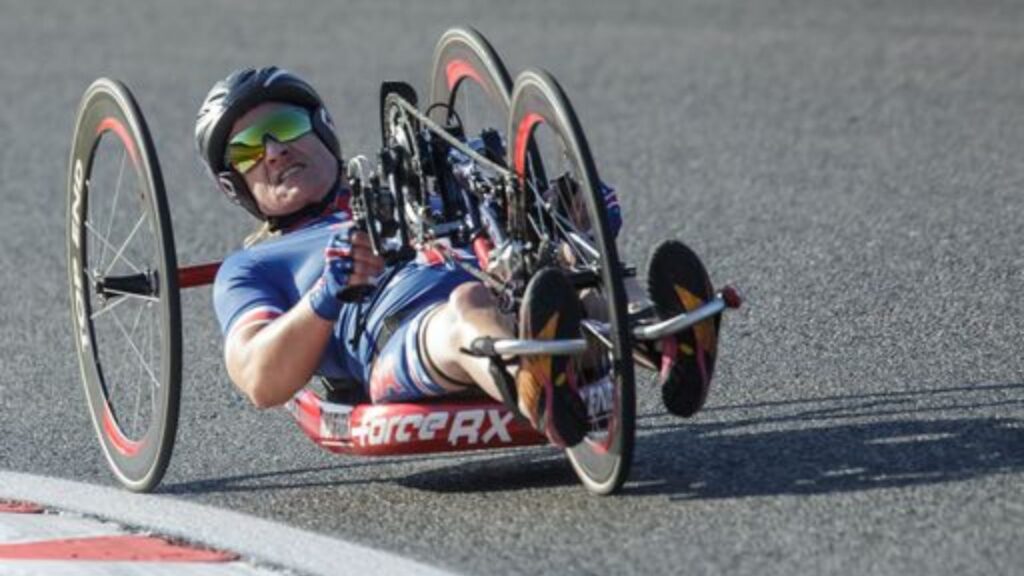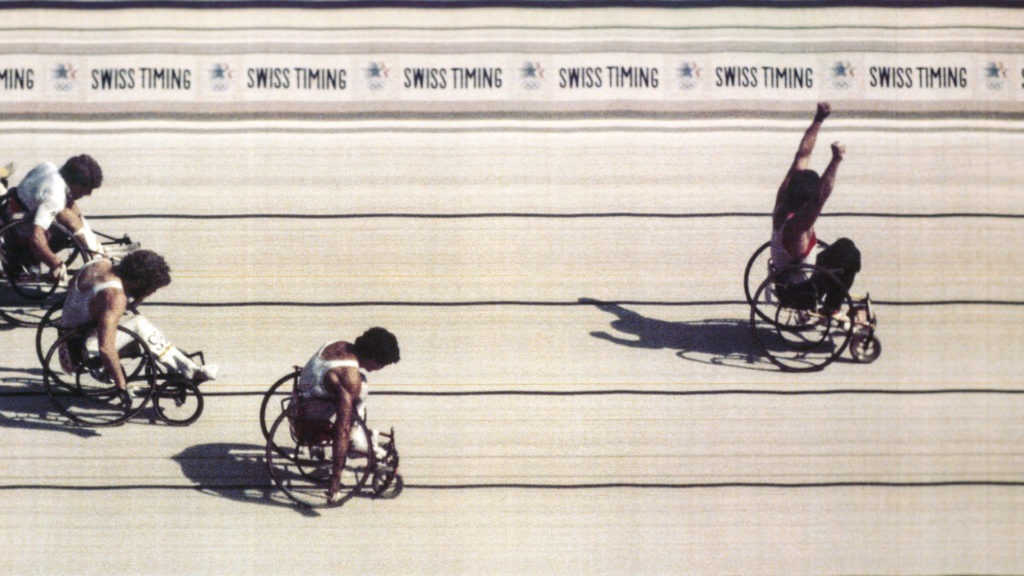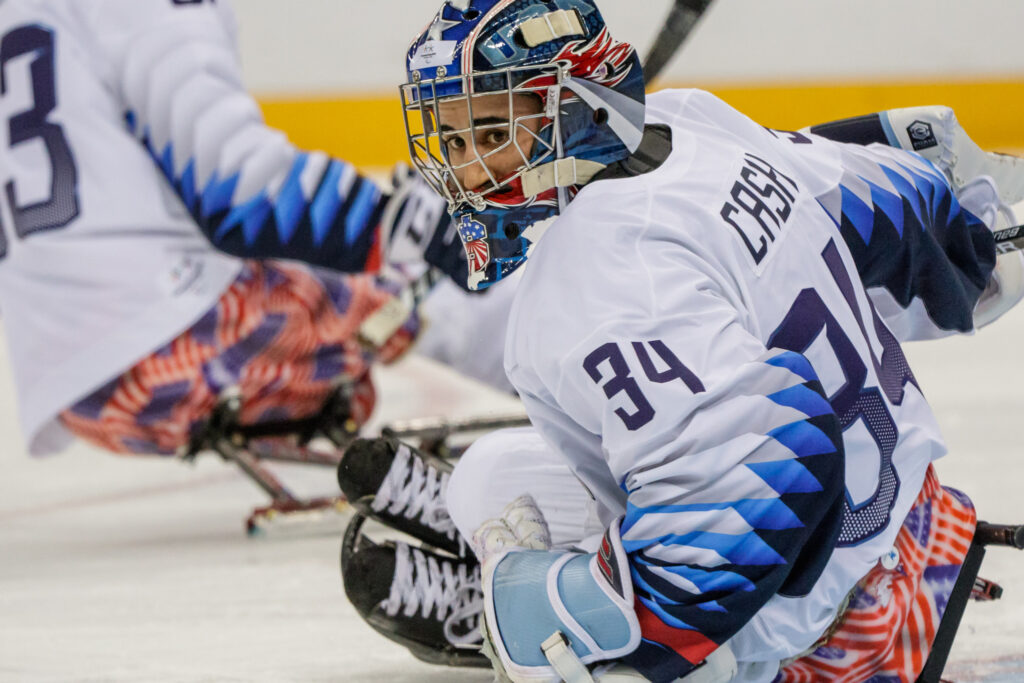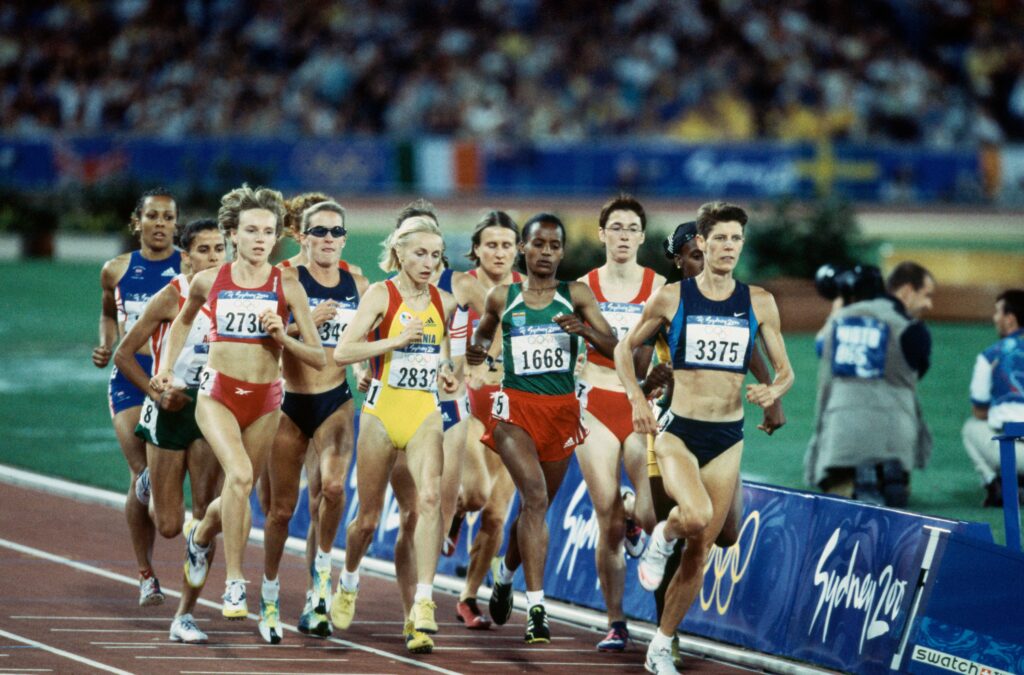Swimmer Shirley Babashoff was just 15 years old when she qualified for her first Olympic Games, bringing home two gold medals in relays and two silver medals in individual races from the Munich 1972 Olympic Games.
Four years later, having swept the freestyle events at the U.S. Olympic Trials – setting six national records and one world record in the process – Babashoff was on the verge of becoming a superstar. But when she left the Montreal 1976 Olympic Games with just one relay gold and four silver medals, Babashoff became better known for outspoken reaction.
Each time Babashoff took silver, an East German claimed gold. There were whispers that the East Germans were aided by doping – later confirmed after the Berlin Wall fell – but Babashoff stood out because she was unabashed in her public comments. She later published an autobiography: Making Waves: My Journey to Winning Olympic Gold and Defeating the East German Doping Program.
“People criticized me for my poor sportsmanship. What was I going to say to the East Germans? ‘Congratulations! You took the most steroids!’?” Babashoff said in an interview 40 years later. “People looked at me like I was the worst person in the world for saying the East German women looked like men. I said what I felt. Apparently, it didn’t go over very well.”
After the Montreal 1976 Olympic Games, Babashoff swam at UCLA for one year before retiring from competitive swimming. Her resume is a lengthy one: three gold medals in relay events, five silver medals in individual events and one more in a relay. All told, Babashoff set 11 world records and 39 American records and is recognized as one of the world’s best freestyle swimmers of all-time.
In 2005, the International Olympic Committee presented Babashoff with the Olympic Order, the highest award of the Olympic Movement, which is given to individuals who have made particularly distinguished contributions to The Olympics.












